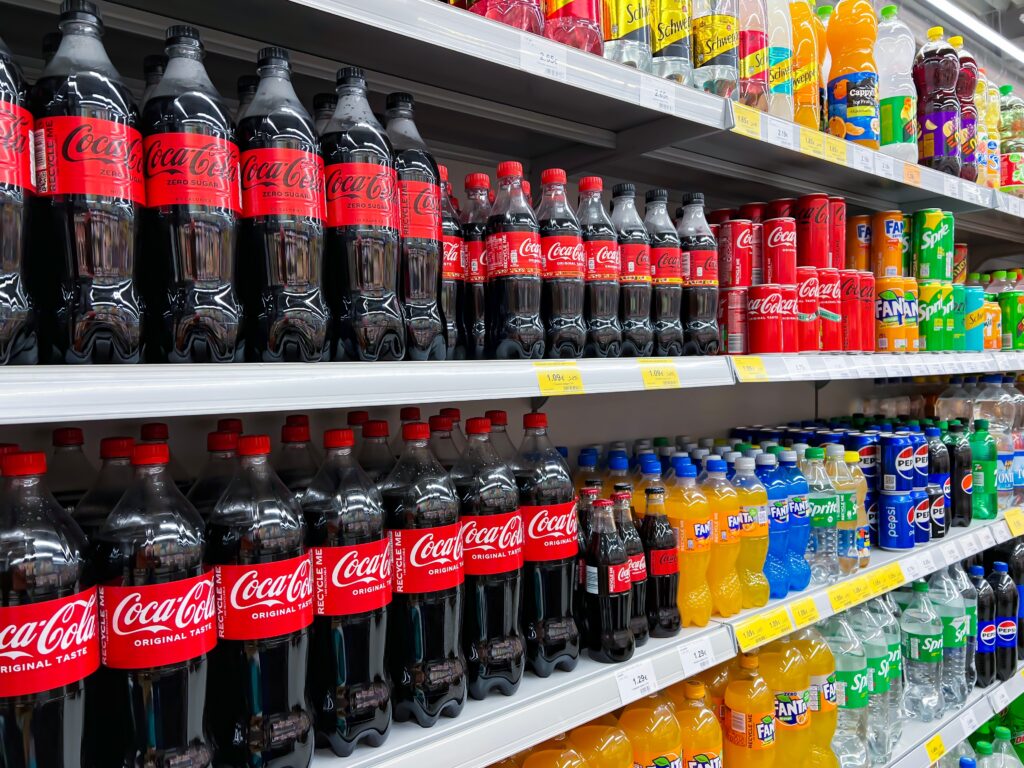Ahead of a full judgement that will come later this year, the Court's Advocate General, Ruiz-Jarabo Colomer, gave his opinion late last week on two cases against Germany involving the European Commission and an Austrian company. The court normally follows the advice given by the Advocate General.
The complainants have claimed that the German system does not comply with the Packaging and Packaging Waste Directive, and breaches fair competition laws as well as mineral water bottling regulations.
Mr Colomer, the advocate general, has come out in favour of the complainants, saying Germany should not favour one environmentally friendly form of packaging over another.
The issue first arose in January 2003, when the German government introduced a deposit on single use drinks containers for certain products. The deposit aimed to encourage the use of refillable glass and plastic bottles, already subject to a deposit, in preference to one-way cans and other containers.
The scheme has received criticism from various sectors including the steel industry, mineral water bottlers and the European Commission (see letsrecycle.com story).
The two cases involving the European Commission and Austrian-based importers Radlberger Getranke & S. Spitz were bought before the European Court of Justice in April 2004. The European Commission accused the German government of exploiting the packaging rules and said the deposit system put mineral water suppliers at a disadvantage.
The Commission pointed out that under another European Law mineral water suppliers are forced to bottle mineral water at source, and that therefore the responsibility to use reusable containers would see the manufacturers forced to transport empty refillable bottles long distances. This, the Commission said, does not necessarily represent the most environmentally friendly option.
Austrian company Radlberger Getranke & S. Spitz said the deposit system was disadvantageous for people importing goods, and had its case referred to the European Court for guidance by a German judge in Stuttgart.
Opinion
Giving his opinions yesterday, the Advocate General supported the Commission, saying that the German system “cannot be justified in terms of protecting the environment.”
The results of the German system, Mr Colomer said, would be that “the consumer will opt in general for the packaging which appears to them to be the most handy, and not necessarily for that which is the less polluting.”
Mr Colomer said the German government had also failed to consider other factors involved in reuse, such as the washing and sterilisation of containers and the transport involved. Also, he said the government needed to consider discriminatory effect on industry and disruption to existing recycling programmes and other economic players.
Mr Colomer also said that the German deposit system was unfair on foreign companies and should not give preference to one kind of environmentally friendly packaging over another.
But, the Advocate General tempered his opinion by saying: “For a number of other points, stated in the judgement, the German decree can be accepted on grounds of justifying protection of the environment.”








Subscribe for free